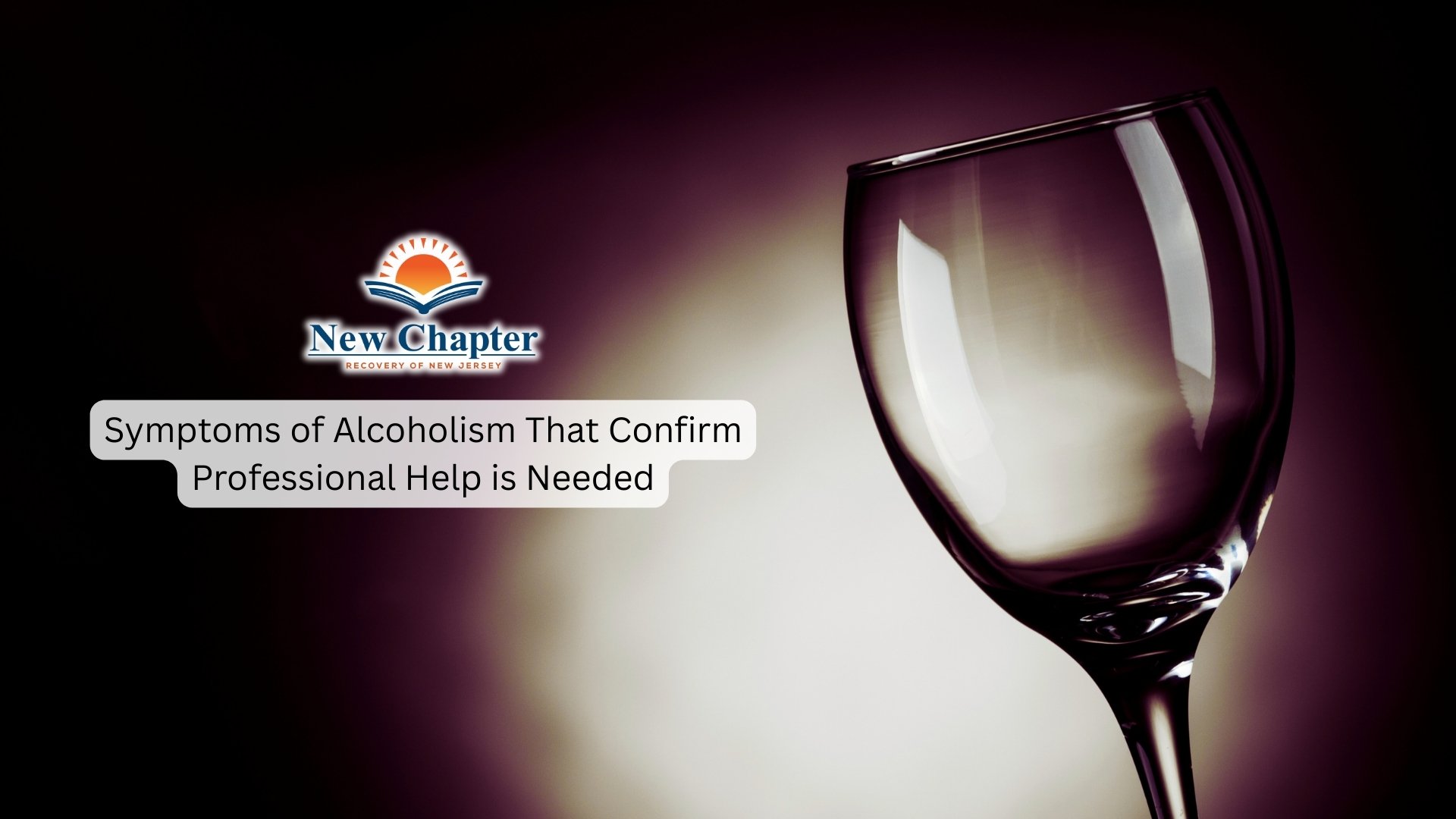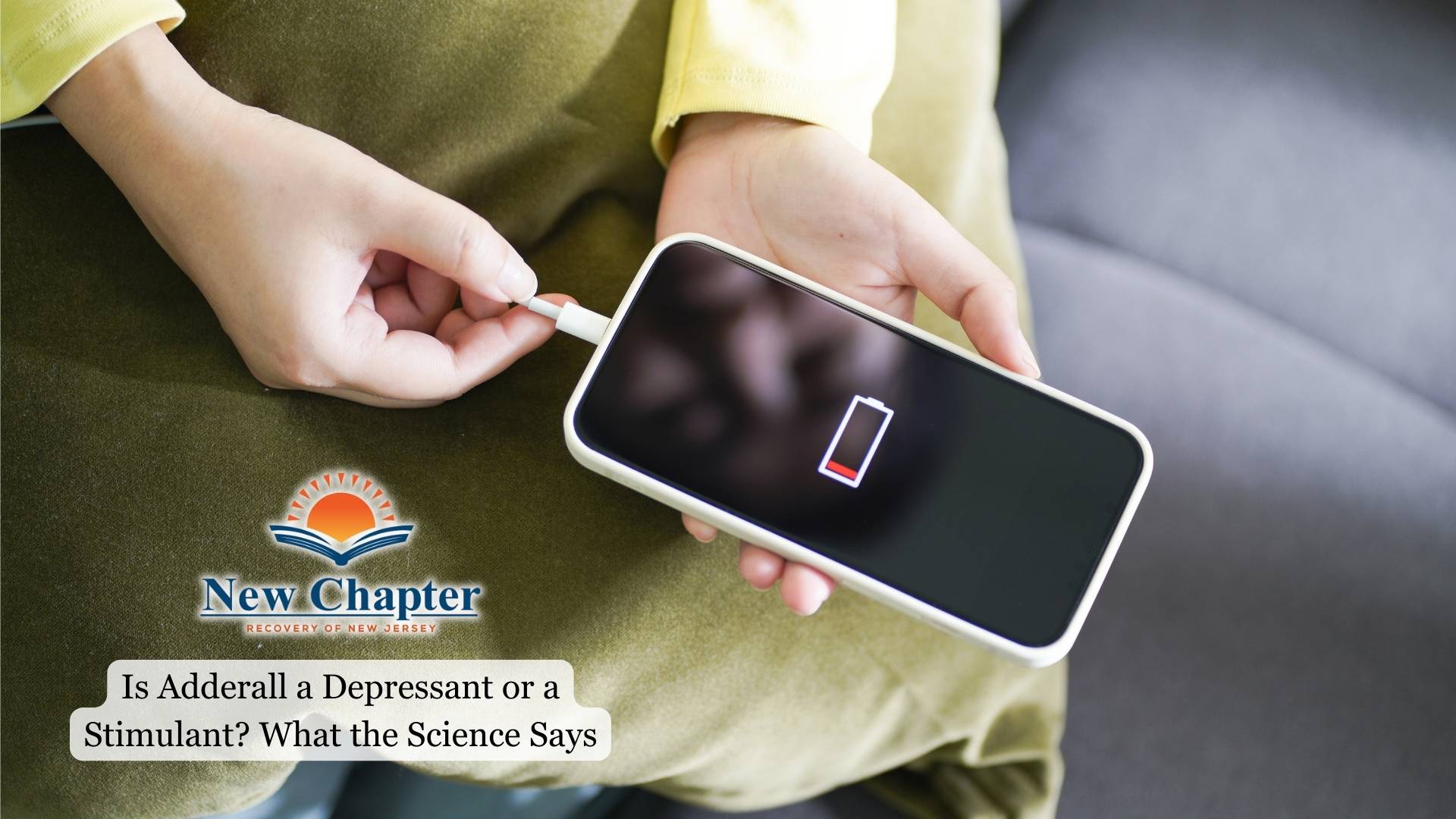Completing an Intensive Outpatient Program (IOP) is a significant milestone in the recovery journey from mental health issues or substance use disorders. However, it’s important to recognize that finishing IOP does not mean the end of the recovery process. Instead, it marks the beginning of a new phase that requires ongoing commitment and careful planning to maintain the progress made during treatment.
After IOP, individuals often face the challenge of readjusting to daily life without the structured support of the program. This transition can be overwhelming, as it involves managing everyday responsibilities, dealing with triggers, and using the coping skills learned during therapy. To ensure a smooth transition, having a comprehensive aftercare plan is essential.

Developing a Post-Treatment Plan
By collaborating with your therapist you can create a personalized strategy that outlines the essential components of your ongoing treatment plans. This may include enrolling in aftercare programs like Alcoholics Anonymous (AA) or SMART Recovery, which provide valuable support and accountability as you navigate the challenges of the recovery process. Continuing therapy sessions can help address ongoing mental health issues and provide a space to discuss challenges and progress. Sober Living Houses can also be a great option as these provide a structured and supportive environment for those transitioning from intensive treatment.
Identifying potential triggers and cravings is key to staying on track, as relapse rates can be high within the first year post-treatment. Building a strong support network of friends, family, and professionals will help you manage difficult emotions and prevent feelings of isolation.
Incorporating regular counseling sessions and family therapy will provide you with the tools to process your experiences and develop effective coping mechanisms. Remember, your post-treatment plan is a roadmap to long-term success, empowering you to maintain the progress you’ve made and continue growing in your recovery.
Scheduling Follow-Up Sessions
It’s crucial to begin evaluating your options for follow-up sessions before completing the program to ensure a seamless transition to outpatient care and minimize any gaps in treatment. Ideally, you should have your first follow-up session with a new therapist arranged prior to graduating from IOP.
Work closely with your discharge team to find therapy options that align with your insurance and location, ensuring continuity of care as you move forward in your recovery journey.
Regular follow-up appointments are essential for ongoing support, medication management, and monitoring any potential symptoms that may arise post-IOP.
Aftercare Programs
Aftercare programs provide ongoing support and accountability, which are essential for maintaining sobriety and preventing relapse. Engaging in aftercare significantly improves your recovery outcomes by fostering a sense of community with others who share similar experiences.
You’ll find a variety of aftercare options tailored to your specific needs, such as Alcoholics Anonymous (AA) for alcohol treatment and Narcotics Anonymous (NA) for substance use recovery. These programs offer a supportive environment where you can continue working on the skills and strategies you learned during your addiction treatment.
Aftercare may also include individualized therapy sessions, peer support, and medication-assisted treatment (MAT) to address your ongoing recovery needs and prevent regression into substance use.
If you want to learn more about the benefits of one-on-one therapy, then you should read our article about Individual Counseling for Drug and Alcohol Addiction Treatment.
Building a New Social Network
Building a new social network is crucial, as maintaining connections with sober individuals can significantly reduce your risk of relapse. Engaging with support groups such as NA or AA provides opportunities to meet others in recovery and fosters accountability through shared experiences. You’ll also want to cultivate friendships with individuals who encourage healthy behaviors and support your sober living journey, as peer pressure from old friends can often lead to relapse.
To build these new friendships, get involved in community activities, hobbies, or sober events that provide a sense of belonging and reduce feelings of isolation commonly felt in recovery.
Be open about your past struggles, as honesty can help establish trust and understanding in new relationships, making it easier to navigate challenges together.

Long-Term Strategies for Sustained Recovery
Maintaining your sobriety after completing an intensive outpatient program requires a comprehensive approach that focuses on long-term strategies for sustained recovery.
Engaging in aftercare programs, such as AA or SMART Recovery, can significantly enhance your recovery success and reduce the risk of relapse. Develop a plan to manage cravings and recognize the stages leading to relapse, as rates can be as high as 40-60% within the first year after treatment.
Establishing a strong support network of sober friends, family, and professionals is crucial for your sustained recovery, as social support improves treatment outcomes and decreases the likelihood of relapse.
Continue therapeutic support, like individual or family therapy, to address underlying psychological issues and maintain your mental health.
Be aware of your personal triggers and implement coping strategies to effectively manage cravings and avoid relapse situations.
Final Thoughts from New Chapter Faith Recovery
As you transition from our Intensive Outpatient Program (IOP) at New Chapter Faith Recovery, it’s crucial to acknowledge the progress you’ve made and the journey that still lies ahead. Completing IOP is a significant milestone, but it is just one step in your ongoing recovery process. Our outpatient program (OP) is designed to offer continued support and structure, assisting you in maintaining the skills and strategies you’ve developed during IOP. Our team of professionals emphasizes that the skills and strategies learned in IOP are valuable tools; however, their effectiveness relies on consistent application and reinforcement. By actively engaging in aftercare programs, maintaining a healthy lifestyle, and utilizing a strong support system, you can continue to build on the progress made during IOP and work towards a fulfilling, sober life.






